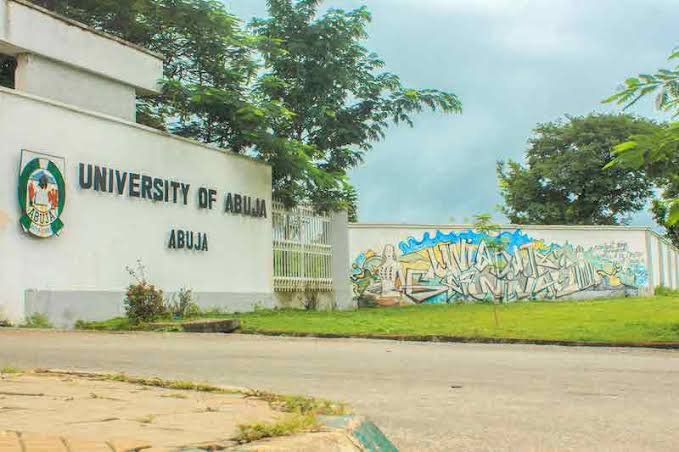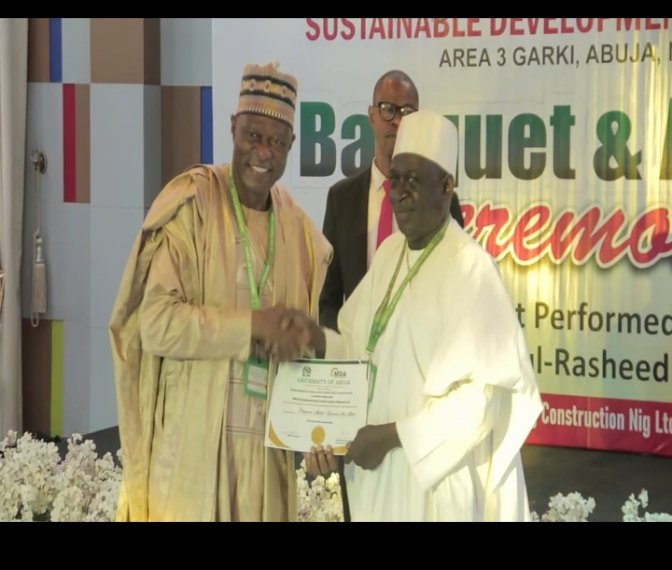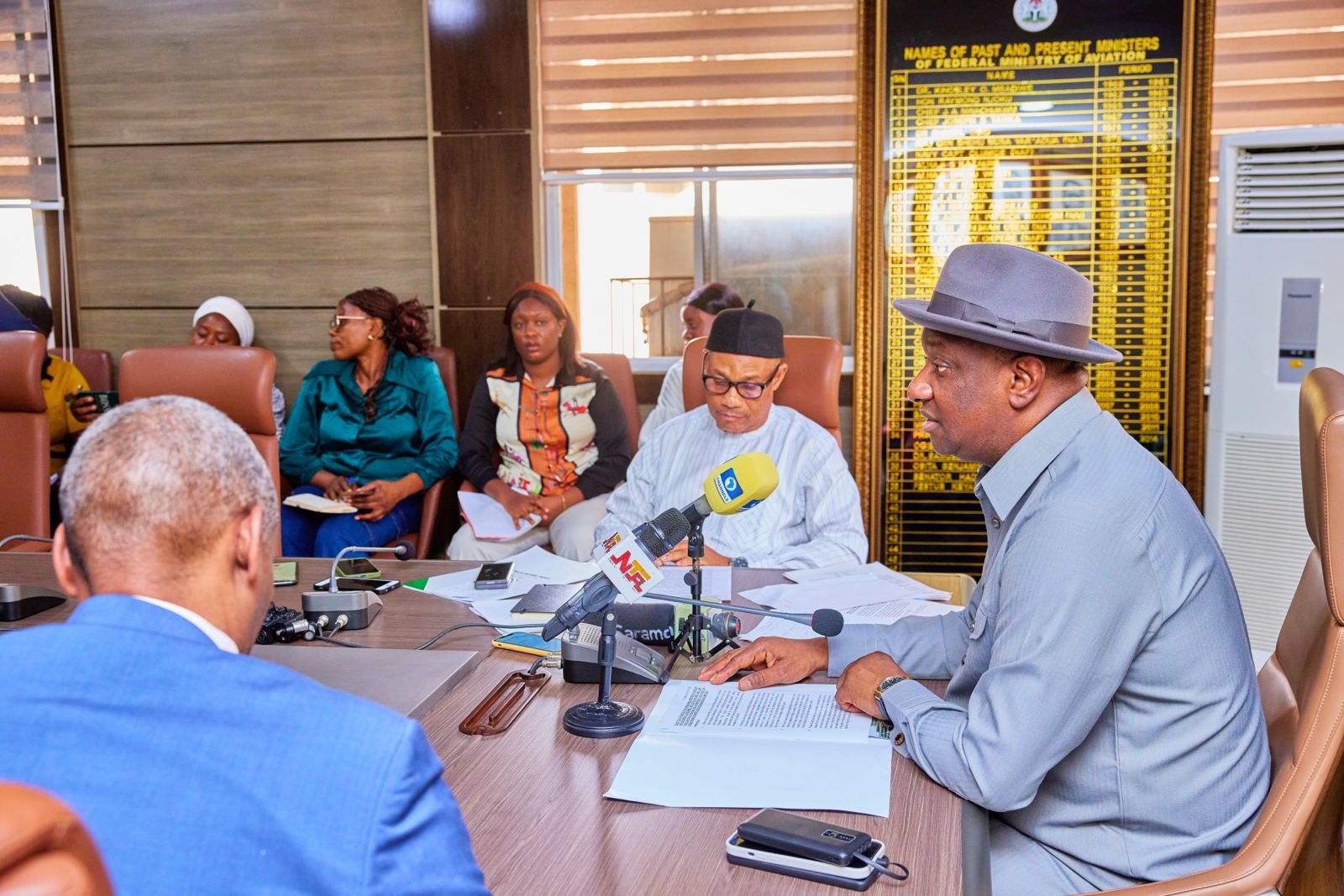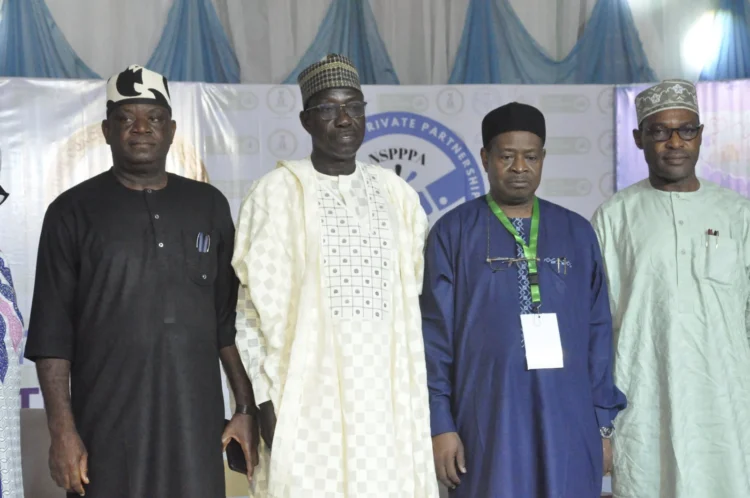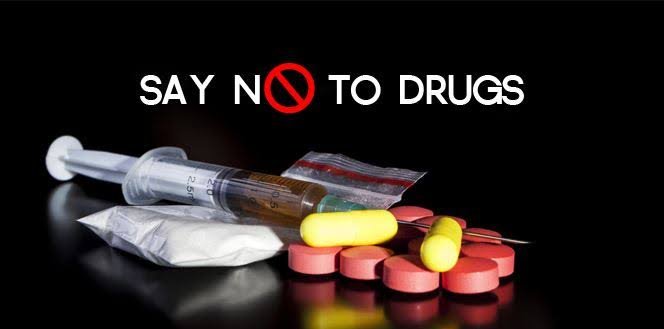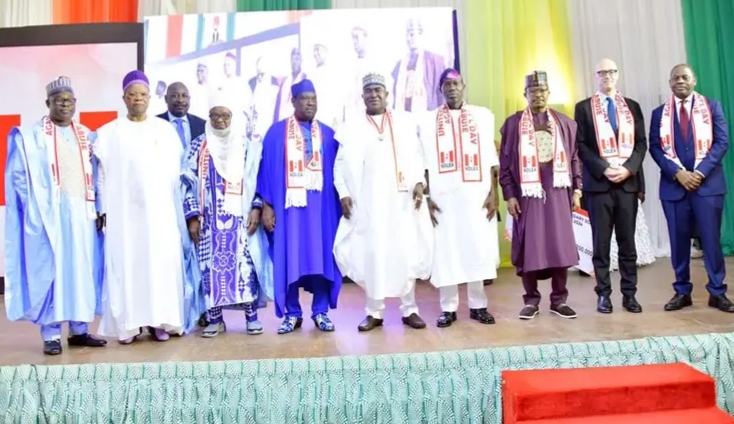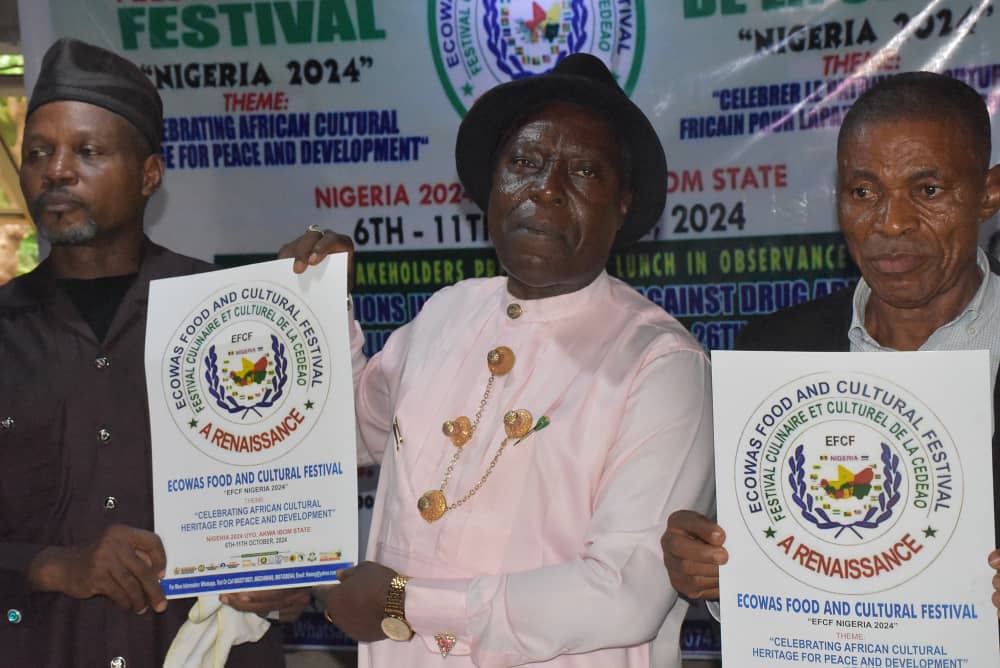229 total views today
By Salif Atojoko
President Bola Tinubu has pledged more support for the National Drug Law Enforcement Agency (NDLEA), in its fight against substance abuse and illicit drug trafficking.
The President made the pledge as Special Guest of Honour, at the International Day Against Drug Abuse and Illicit Trafficking, otherwise known as World Drug Day, on Wednesday in Abuja.
Speaking on the theme: “The Evidence is Clear: Invest in Prevention,” Tinubu enjoined all and sundry to support the War Against Drug Abuse (WADA) initiative launched by NDLEA three years ago.
The President was represented by the Secretary to the Government of the Federation, Sen. George Akume.
“I commend and urge everyone to redouble their efforts to combat drug abuse and trafficking in the country.
“On this score, I wish to reassure you of this administration’s support. The Renewed Hope Agenda places the youth at the centre of its focus. Therefore, we ensure that our young people are protected from anything that could derail their future or destroy their potential,” he said.
He noted that illicit drugs and substances had wreaked havoc on individuals, families, communities and countries worldwide.
“In the face of such a formidable challenge, prevention is the most potent weapon that we can deploy. Prevention not only saves lives; it also saves resources that would otherwise be spent on treatment and rehabilitation.
“It empowers individuals to make informed choices, promotes healthy lifestyles and creates resilient communities capable of withstanding the pressures of drug abuse.
“Investing in prevention is not merely a moral imperative, a prudent way of safeguarding our future.
“By allocating resources towards evidence-based prevention programmes, we can break the vicious cycle of drug abuse and protect our youth from falling prey to the menace,” said Tinubu.
He stated that, “the assignment before us as a country requires that we prioritise evidence-based prevention strategies, allocate adequate resources and foster partnerships for greater impact.
“This government will support NDLEA to build on the success recorded in the past few years. We shall work with all relevant stakeholders to ensure that we have positive statistics from the next national drug use survey that will be conducted in the country.”
He urged all Nigerians to join hands in this noble cause, saying it is an assignment for all patriotic citizens, including religious leaders, traditional leaders, educational institutions, opinion leaders, and civil society organisations.
“NDLEA has created a formidable platform for cooperation vis-à-vis its War Against Drug Abuse (WADA) social advocacy initiative,” he said.
Brig.-Gen. Mohamed Buba Marwa (Rtd), Chairman/Chief Executive Officer of NDLEA, said the ‘Save Our Families’ social advocacy campaign launched at the ceremony by the President, was designed to prevent and tackle drug use through early detection and intervention.
He said the newly produced special drug test kits was a necessity in every home, school and workplace, and that the Drug Integrity Test initiative would metamorphose into an anti-drug culture for every Nigerian.
“The test is intended for secondary school students, students seeking admission into tertiary institutions and returning students, workers in government and private offices and individuals seeking political offices as well as prospective couples before taking their marriage vows.
“The drug test will serve as a tool for the prevention of drug use and early detection of the individual’s status of drug use for the purpose of appropriate intervention including treatment and rehabilitation.
“Let me also add that our drug integrity test, which has been adopted by some government institutions and tertiary institutions in the country, is a preventive mechanism,” said Marwa.
He said the Agency had produced tens of thousands of special test kits capable of detecting 15 different substances, which were available in all its commands across the country.
“This is for use in homes, schools, workplaces and others. Apart from helping in early detection of drug abuse especially by our youths so that we can get them help in form of treatment, this will also create some deterrence effects,” he said.
Speaking on the theme for this year’s World Drug Day, Marwa said drug use prevention lied at the heart of NDLEA’s strategy in addressing the drug problem because it was far more effective and cost-efficient to prevent drug abuse than to deal with its consequences.
“In this regard, we have used our WADA social advocacy initiative to campaign vigorously at the grassroots and create awareness for our people to shun illicit substances.
“WADA is a sensitisation and advocacy initiative that employs the whole of society approach to engage all stakeholders including the government sectors, institutions, and Non-Governmental Organisations.
“This is with emphasis on youths in and out of school, community gatekeepers including traditional and community leaders, as well as religious leaders among others.
“I am proud to state that the programme has been a tremendous success as an effective tool of advocacy for social action and an awareness driven vehicle for public engagement and collaboration against the drug scourge,” he explained.
He stated that between 2021 and 2024, the Agency embarked on 6,423 sensitisation and education programmes targeting young people in school and 987 programmes for Out of School youths in order to create awareness on the dangers associated with drug use.
“This is in addition to the millions of homes reached with our anti-substance abuse messages through our aggressive and impactful media campaigns using various traditional and new media platforms,” he said.
The outgoing United Nations Office on Drugs and Crime (UNODC) Country Representative, Dr Oliver Stolpe, also made a number of recommendations.
“After the exceptionally successful testing of the school-based drug prevention programme UNPLUGGED involving half a million secondary school children in Nigeria, the programme should be rolled out to all 28, 000 public and private secondary schools.
“We need to enhance the resilience against drug use among the millions of out-of-school children, for example through sports-based initiatives such as Line Up Live Up (LULU).
“Furthermore, we need to strengthen families in their ability to recognise and address drug use in effective and constructive ways,” he said.
Stolpe further said: “Most importantly, there is an urgent need to repeat the 2018 national drug use survey. Without up-to-date data, there is no way in which we can assess whether our collective efforts have long-term impact and address the actual priorities.”
The Minister of Education, Prof. Tahir Mamman, who emphasised the importance of testing in schools expressed the ministry’s support for NDLEA drug test campaign.
According to him, the most important place where this prevention fight should start is the education sector.
“And we will do our own part, even last week, it was something we considered and promised to review the existing policies so that we can work with NDLEA to take it to secondary schools and primary schools.
“To establish at all levels compulsory and sustained testing, it has to be compulsory and sustained, right through the years and period of their education,” he said.
Chairman, House of Representatives Committee on Drugs and Narcotics, Rep. Abass Adigun, called for more budgetary provisions for NDLEA in the face of its multi-faceted mandate.
“We at the national assembly are ready to work with the NDLEA and we need the federal government to look into this,” said Adigun. (NAN) (www.nannews.ng)
Edited by Sadiya Hamza
